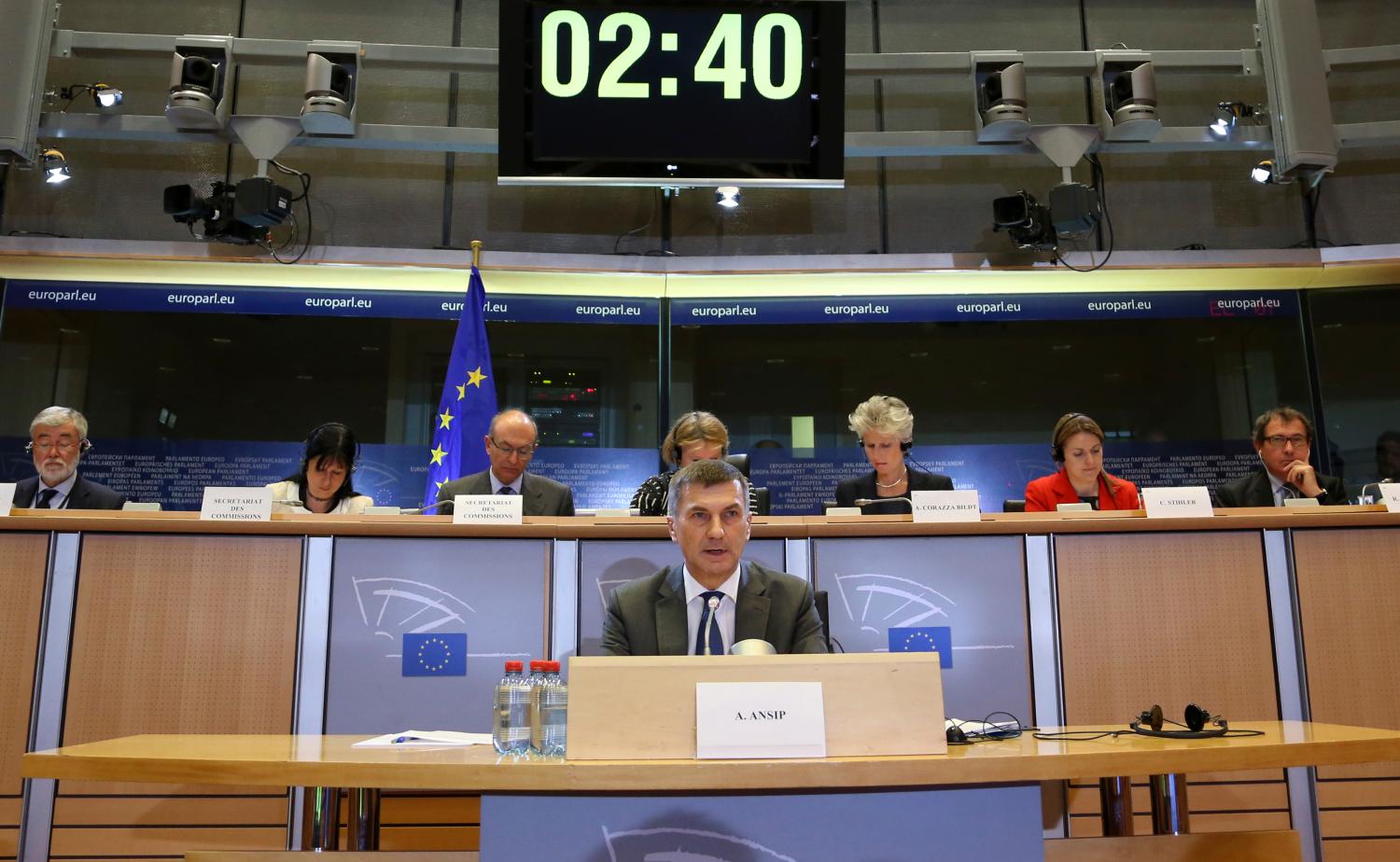Many of the major success stories of the digital age—Google, eBay, Amazon, and Facebook, to name a few—have originated in the U.S. rather than Europe. According to European Commission (E.C.) President Jean-Claude Juncker that’s due to “cross-border barriers and differences in national telecoms, spectrum, copyright, e-commerce, data protection and consumer law regimes.” To bring Europe on a more globally competitive footing, the EU’s draft Digital Single Market Strategy (DSMS) aims to reduce geoblocking barriers for consumers purchasing digital content, create a new balance on protecting content creators’ rights in copyright, and harmonize rules throughout the EU for online purposes.
But are the EU’s efforts sufficient? A new paper from Stuart N. Brotman analyzes the DSMS’s efforts to improve geotracking, copyright, and e-commerce, but concludes that the EU’s commitment to “future proofing” seems likely to continue as an elusive goal. Brotman tackles the problems he sees facing the EU’s approach in each area:
- Despite inroads made with consumers and businesses on geoblocking, there remain sharp differences. The E.C. must grapple with the scope of justified and nonjustified geoblocking.
- The E.C. still struggles on whether or how to change copyright protection to address the evolving concerns of content creators and European users.
- The biggest obstacle for European e-commerce is the 84 percent of shoppers prefer to shop locally. Obstacles like home market familiarity, language fluency, and geographic proximity continue to prevent a robust, inclusive e-commerce market from taking root.
Brotman offers some guidance for a more successful DSMS. By developing aspirational goals and metrics, the EU can better gauge whether its strategy is working. Brotman writes that the EU’s digital policymaking should operate in a more digital context—flexible as significant shifts in the digital marketplace occur.



